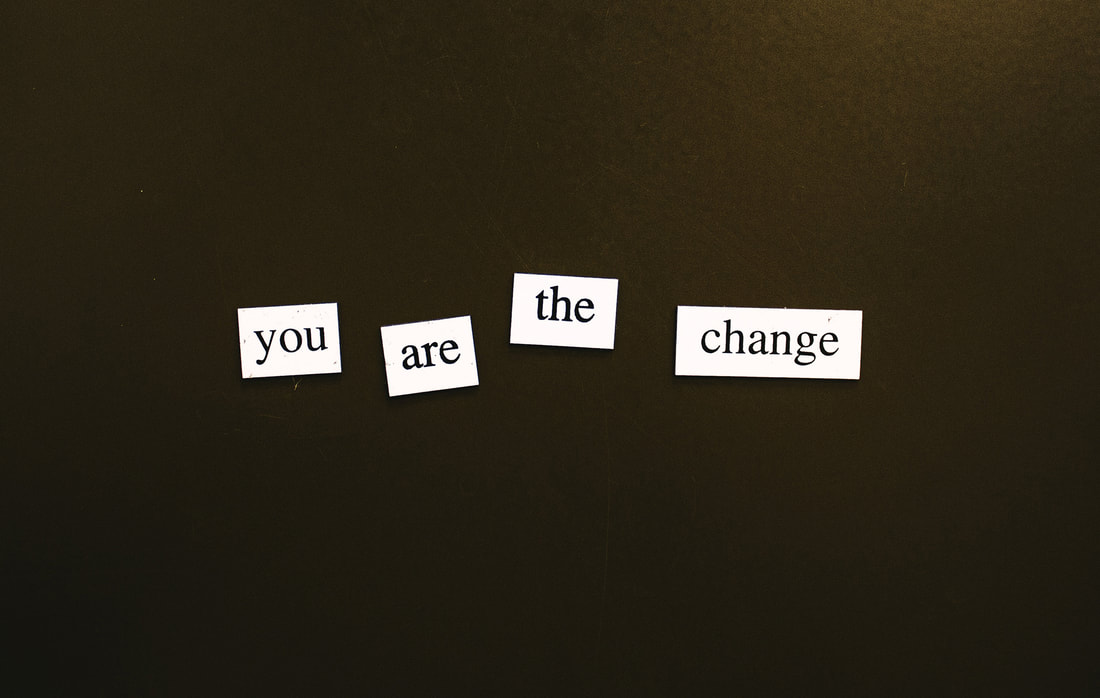|
Most of us can relate to feeling overwhelmed or stretched too thin at times. But continual exposure to stressful situations can push you into the debilitating state known as burnout. Long work hours, caring for family members full-time, or consuming too much upsetting news can create this stress condition, undermining the quality of your relationships, affecting your day-to-day performance, and leaving you feeling exhausted, disillusioned, and helpless. While burnout can make you feel completely worn out, there are things you can do to manage stress, create a more sustainable lifestyle, and prevent future problems with burnout. Read on to learn how you can develop preventive strategies, regain balance, and start feeling positive and engaged again. What is Burnout? Burnout is a state of exhaustion caused by excessive and/or prolonged emotional, physical or mental stress. It can leave you feeling overwhelmed, swamped, or drained. It zaps the happiness from your friendships, career, and family interactions. Consequences of Burnout According to the Mayo Clinic, ignored or unaddressed job burnout can have significant consequences, including:
Signs and Symptoms of Burnout According to Web MD, burnout can have many symptoms. It can often be confused with stress or escalate into depression. These are signs to look for if you or someone close to you is experiencing burnout:
The Mayo Clinic advises that you ask yourself the following questions to determine if you’re suffering from burnout:
If you answered yes to any of these questions, you might be experiencing burnout. Consider talking to a doctor or a mental health provider because these symptoms can also be related to health conditions, such as depression. 10 Ways to Prevent Burnout 1. Prioritize self-care It’s essential to replenish your physical and emotional energy, along with your capacity to focus, by prioritizing good sleep habits, nutrition, exercise, social connection, and practices that promote equanimity and well-being, like meditating, journaling, and enjoying nature. Limit your exposure to tasks, people, and situations that aren’t essential and put you in a negative mood; increase your investment in those that boost your energy. Harvard Business Review 2. Organize your time Do you spend each day checking off tasks as you feel like completing them, without a clear itinerary? You don’t need to plan each little thing you do during the day, but having some sort of routine to follow can help you prevent burnout. Forbes 3. Set boundaries Don’t overextend yourself. Learn how to say “no” to requests on your time. If you find this difficult, remind yourself that saying “no” allows you to say “yes” to the things that you truly want to do. Mental Health America 4. Take regular breaks It’s vital to take regular breaks and make that a standard for your day-to-day. When you have a lot of tasks to check off your list, it can make you feel like you can’t step away from your responsibilities. But this only leads to more burnout and more stress. If you’re working from morning until evening with little break time in between, you’re setting yourself up for burnout. Your body and mind need adequate rest and refueling throughout the day to perform at their best. You can’t expect to run on 100% if you don’t give yourself the time you need to rejuvenate yourself and feel ready to return to your tasks. Forbes 5. Take a daily break from technology Set a time each day when you completely disconnect. Put away your laptop, turn off your phone, and stop checking email. Mental Health America 6. Develop Strong Interpersonal Relationships Solid relationships inside the workplace and at home play a crucial role in battling burnout. Having someone to talk to about emotional distress and the balance of personal and professional pressures helps people deal with high-stress situations. Nurse Journal 7. Be unusual Chances are you have a daily routine, and that's in part because you're unmotivated to do a whole lot beyond what you're used to doing every day when you're burnt out. Simply doing something completely out of the ordinary can make a huge difference. If you sit all day, go take a walk in the park. If you're constantly connecting with technology, try playing cards or a board game. If you always wake up early, sleep in. If you like to sleep in, try getting up early. Reversing your routine is a simple way to feel refreshed and it takes very little work. Lifehacker 8. Shift your perspective
Take a close look at your mindset and assumptions. What aspects of your situation are truly fixed, and which can you change? If exhaustion is a key problem, ask yourself which tasks—including critical ones—you could delegate to free up meaningful time and energy for other important work. If cynicism is a major issue, can you build some positive, supportive relationships to counteract the ones that drain you? And if you’re feeling ineffective, what assistance or development might you seek out? Harvard Business Review 9. Be patient Undoing burnout takes time. While you may start to feel better quickly, overriding your previous descent into exhaustion is a long-term process and you can't expect to fix it all in a snap. As you work your way back to feeling better, more energized, and generally happier with your work and personal lives, set both long and short term goals to help you remember that this is a process. Seeing yourself achieve these goals over time will help you know that progress is being made even when it feels like nothing is happening at all. Lifehacker 10. Ask for help Talking with trusted coworkers, friends, and family is an important way to share how you’re feeling and seek help. Their support can help you cope with the stressors of your job. Finding a therapist is also a great way to discuss your feelings and get support. Healthline Conclusion If you’re struggling with burnout or any other issues, Psychology for All may be able to help. Fill out our application and see if you qualify for free therapy in Charlotte, NC.
0 Comments
|
AuthorWrite something about yourself. No need to be fancy, just an overview. Archives
June 2024
Categories |




 RSS Feed
RSS Feed
